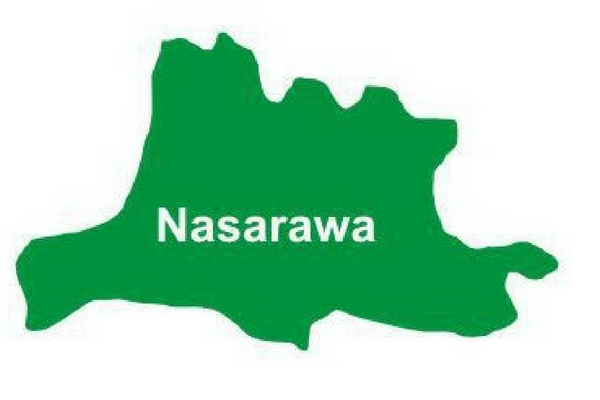Nasarawa State
States Jan 04, 2025

Table of Contents
Introduction to Nasarawa State, Nigeria
Nasarawa State, often referred to as the “Home of Solid Minerals,” is a state located in the North Central region of Nigeria. It was created on October 1, 1996, after being carved out of Plateau State. The state is bordered by Kaduna to the north, Plateau to the east, Taraba and Benue to the south, and Kogi and the Federal Capital Territory (FCT) to the west.

The state capital is Lafia, which serves as the administrative and economic hub of the region. With a rich history, diverse culture, and abundant natural resources, Nasarawa State plays a significant role in Nigeria’s socio-economic landscape.
Historical Background
The history of Nasarawa State is deeply rooted in its pre-colonial heritage. The state derives its name from the ancient Nasarawa Emirate, which was established in 1835 by Umaru Makama Dogo, a warrior and diplomat. The emirate became an important center of trade and politics in the region during the 19th century.
In the colonial era, Nasarawa was part of the Northern Region of Nigeria under British rule. It later became part of Plateau State before achieving its status as an independent state in 1996. This historical evolution has shaped the identity and development of the state over time.
Geography and Climate
Nasarawa State covers an area of approximately 27,117 square kilometers and lies within the Guinea Savannah region. Its terrain is characterized by rolling hills, plains, and rivers, such as the Benue and Mada Rivers, which support agriculture and other economic activities.
The state experiences a tropical climate with distinct wet and dry seasons. The rainy season typically occurs between April and October, while the dry season spans November to March. This climate supports the cultivation of crops such as yam, maize, rice, and millet.
Demographics and Ethnic Diversity
Nasarawa State is home to a population of over 2 million people, according to the most recent census. The state is renowned for its ethnic diversity, with over 30 ethnic groups, including the Gwandara, Eggon, Alago, Tiv, Mada, and Hausa-Fulani, among others.
This diversity is reflected in the state’s rich cultural heritage, traditional festivals, and languages. Despite their differences, the people of Nasarawa live together harmoniously, contributing to the state’s vibrant social fabric.
Economy and Natural Resources
Known as the “Home of Solid Minerals,” Nasarawa State is endowed with a wealth of natural resources, including tin, limestone, marble, salt, and gemstones. These resources have attracted investments in the mining sector, making it a significant contributor to the state’s economy.
Agriculture is another major economic activity in the state, employing a large percentage of the population. Nasarawa’s fertile soil and favorable climate make it a leading producer of crops like yam, cassava, sesame, and groundnuts. Additionally, the state is involved in animal husbandry, particularly cattle and poultry farming.
Tourism and Cultural Attractions
Nasarawa State boasts numerous tourist attractions that showcase its natural beauty and cultural heritage. Notable destinations include the Farin Ruwa Waterfalls, one of the highest waterfalls in Africa, and the Keffi Hills, which offer breathtaking views of the surrounding landscape.
Cultural festivals such as the Mada Cultural Festival and the Eggon Cultural Day provide opportunities for visitors to experience the state’s traditional music, dance, and cuisine. These events highlight the rich cultural tapestry of the people of Nasarawa.
Education and Infrastructure
Education is a priority in Nasarawa State, with a range of primary, secondary, and tertiary institutions spread across the state. The presence of institutions like the Nasarawa State University, Keffi, and the Federal Polytechnic, Nasarawa, underscores the state’s commitment to academic excellence.
In terms of infrastructure, the state government has made strides in improving road networks, healthcare facilities, and access to clean water. These developments aim to enhance the quality of life for residents and attract investors to the region.
Conclusion
Nasarawa State is a land of immense potential, blending historical significance, cultural diversity, and natural wealth. From its origins as an emirate to its modern status as a state, Nasarawa has remained an integral part of Nigeria’s history and development.
With ongoing efforts to harness its resources and promote sustainable development, Nasarawa State is poised to become a key player in Nigeria’s economic and cultural landscape.
